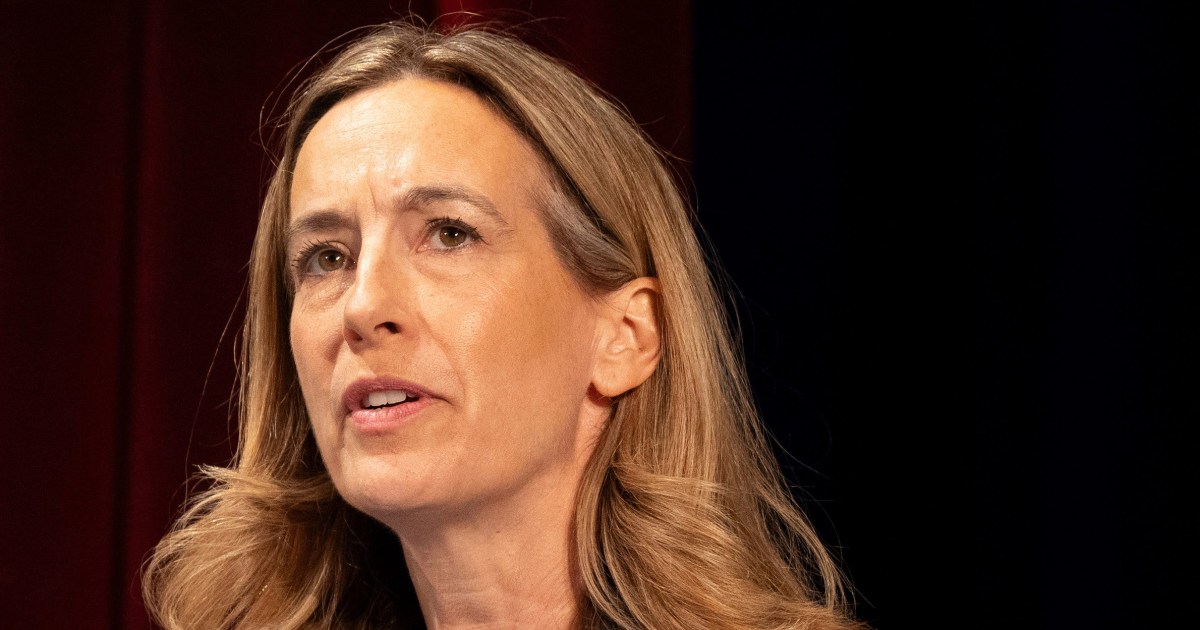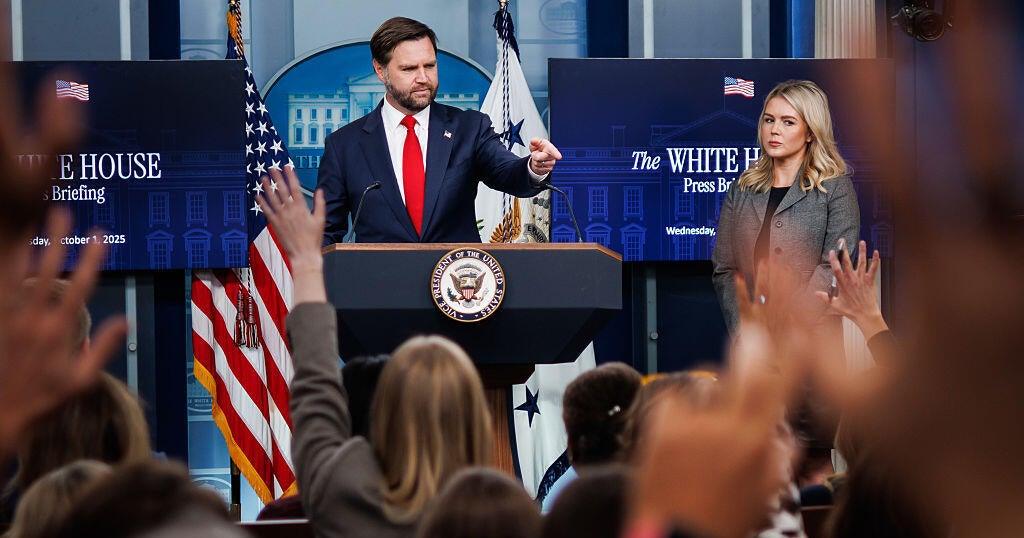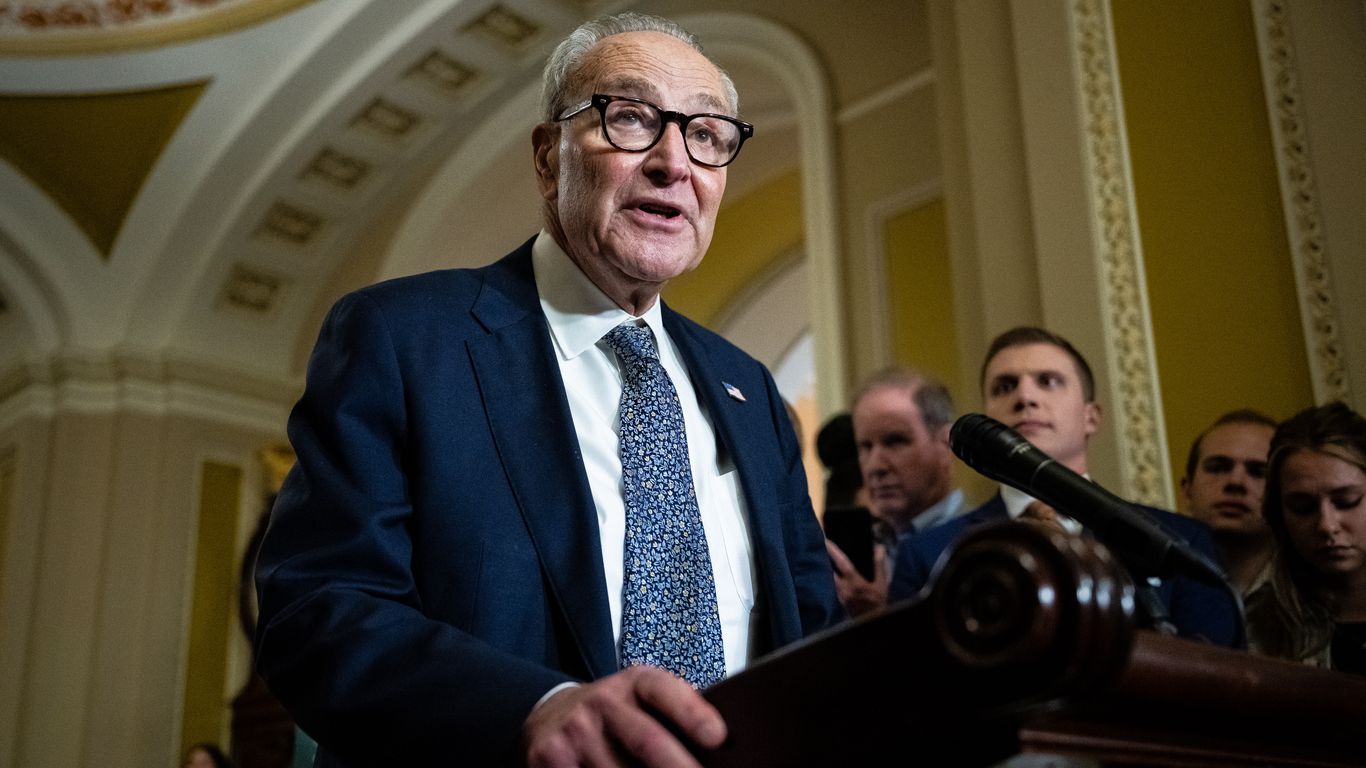John Thune Maps How to Avert a Government Shutdown

How John Thune Sees the Shutdown Ending
As the clock ticks closer to a possible government shutdown, Senate Majority Leader John Thune has laid out a clear scenario for how Democrats could help avert the crisis. In recent remarks, Thune emphasized that the House has already passed a short-term funding bill, and the President stands ready to sign it. The ball, he argues, is now squarely in the Senate Democrats’ court. Thune frames the situation as a simple binary choice: Democrats can either join Republicans in passing a “clean” continuing resolution, or risk forcing a shutdown that could have significant economic and political consequences. He points to historical precedent, noting that Democrats have previously supported similar stopgap measures over a dozen times, and questions why this time should be different.
The Stakes and the Path Forward
Thune’s message is clear—this shutdown is avoidable, but only if a handful of Democrats cross the aisle. He argues that the current impasse is driven more by politics than policy, and that the real cost of inaction would fall on the American people. The Majority Leader’s comments suggest he believes Democratic leaders face mounting pressure to compromise, especially as the consequences of a shutdown become more tangible. While Thune stops short of predicting capitulation, he hints that the path to keeping the government open is straightforward—if enough Democrats are willing to act. The coming hours will reveal whether his assessment proves accurate, or if Washington is headed for another round of brinkmanship.
About the People Mentioned
John Thune
John Thune is a U.S. Senator from South Dakota and the Senate Majority Leader as of 2025. Born in 1961 and raised in Murdo, South Dakota, Thune's interest in politics began early, influenced by a chance meeting with then-Rep. Jim Abdnor. He earned an undergraduate degree from Biola University and an MBA from the University of South Dakota. Early in his career, he worked for Senator Abdnor and the Small Business Administration under President Ronald Reagan. Returning to South Dakota in 1989, he held leadership roles including executive director of the state Republican Party and director of the State Railroad Division. Thune was first elected to the U.S. House of Representatives in 1996, serving three terms and gaining recognition for securing funding for state projects and advocating for smaller government and tax cuts. After narrowly losing a 2002 Senate race, he won a U.S. Senate seat in 2004 by defeating then-Senate Democratic Leader Tom Daschle, marking a historic upset. He has been reelected multiple times, including an unopposed Senate race in 2010. Throughout his Senate career, Thune has served on key committees such as Agriculture, Commerce, and Finance, and has held significant leadership positions including Senate Republican Whip and Chairman of the Senate Republican Conference. Known as a conservative Republican, he has focused on energy, agriculture, tax reform, and social issues. Notably, he introduced legislation to limit EPA regulatory authority and to repeal the federal estate tax. In 2024, Thune was elected Senate Majority Leader, assuming the role in 2025. He resides in Sioux Falls with his wife Kimberley; they have two daughters and six grandchildren. Outside politics, he enjoys pheasant hunting, running, and spending time with family[1][2][4][5][6].
About the Organizations Mentioned
House
There is no clear or relevant information in the search results regarding an organization named "House" that fits the request for a comprehensive summary of its activities, history, achievements, and current status. The search results predominantly discuss various IT organizational structures, startup team frameworks, and tools for managing organizational charts in technology companies, but do not mention any specific organization named "House." Based on the absence of specific details about "House" in the search results, it appears that either the organization is not widely covered in publicly indexed sources under that name, or the query requires more precise identification or context (for example, whether "House" refers to a tech company, nonprofit, or other entity). If you have additional context or details about the organization "House" (such as its industry, location, or a more complete name), I can attempt a more targeted search or provide a summary based on that information. Otherwise, I recommend consulting dedicated business databases, company websites, or news sources for a direct profile of the organization "House."
Senate
The **United States Senate** includes several key committees critical to business and technology policy, notably the *Senate Committee on Small Business and Entrepreneurship* and the *Senate Committee on Commerce, Science, and Transportation*. These committees play pivotal roles in shaping legislation that impacts small businesses, innovation, technology development, and commerce nationwide. The **Senate Committee on Small Business and Entrepreneurship** advocates for small businesses by overseeing the Small Business Administration (SBA), which provides capital access, education, technical assistance, and federal contracting opportunities to small enterprises. This committee’s historical role has been to ensure the vitality of small businesses, which are essential to the American economy. Recent efforts include bipartisan reforms targeting SBA program efficiency, fraud prevention related to pandemic aid, and support for entrepreneurship in underserved communities. They also focus on programs like the Small Business Innovation Research (SBIR) and Small Business Technology Transfer (STTR), which connect federal agencies with private entrepreneurs to accelerate research and development in critical tech areas, thereby maintaining U.S. technological leadership[1][4][5][8]. The **Senate Committee on Commerce, Science, and Transportation** is one of the largest Senate committees, overseeing broad sectors including consumer protection, economic development, manufacturing, trade, science, and transportation infrastructure. It addresses emerging technologies, environmental issues like climate change, and space exploration, both government-funded and private. This committee significantly influences national business practices, product safety, competitiveness, and innovation ecosystems, affecting industries from maritime to digital technology[2][7]. Notable recent activities include Senate hearings on Big Tech antitrust and competition policies, emphasizing the need to regulate dominant technology firms to foster innovation and protect consumers and workers. This aligns with broader legislative efforts addressing artificial intelligence and technological competitiveness in 2025[6][10]. In summary, the Senate’s organizational structure and committees serve as crucial instruments in shaping U.S. business and technology landscapes. Through oversight, legislation, and reform initiatives, they support small businesses, promote innovation















